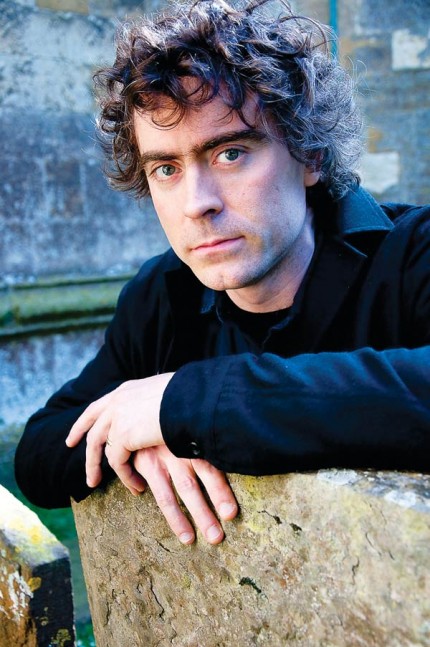Lewis upholds Viennese tradition in Schubert series

Paul Lewis is today’s keeper of the flame for the First Viennese School of piano music. Now that Brendel has retired, the tradition of Busch, Schnabel and Serkin is kept very much alive in the hands of this young, unassuming but gifted artist. Sunday’s recital at Symphony Center showed again how well he has been performing the task.
The concert, comprising Franz Schubert’s Four Impromptus Op. 142, his Moments Musicaux Op. 94 and the Wanderer Fantasy, was the third of five in which Lewis is exploring the later piano works of Schubert: Chicago will hear two Sonatas in A minor and some shorter works next April.
For such an undemonstrative performer, Lewis places a lot of emphasis on emotional expression in his playing. His technical prowess challenges the dynamics of the piano and like Brendel, his teacher, he homes in on the emotional core of each phrase while paying equal attention to the songfulness that pervades all of Schubert’s piano music.
Lewis’s way with Schubert was quickly established in the first work he performed, the group of four Impromptus D935, pieces which are sometimes underestimated. In his hands they were formed into a coherent and satisfying whole from the dramatic First Impromptu through the lilting lyricism of the Third and the challenging virtuosity of the Fourth.
Placing the program’s intermission after the Impromptus highlighted the substantiality of the pieces while placing the lighter Moments Musicaux in contrast against the prodigious Wanderer Fantasy in C major.
The Fantasy was dispatched with virtuosity and passion from the clarion call of the opening to the orchestral density of the dramatic close. Lewis lost a few notes along the way but he never broke his concentration on the overarching shape of the work at hand.
As an encore he responded to the enthusiastic audience with “something quieter,” the tender Allegretto in C Minor, revealed as another seemingly slight piece with unexpected depths.
Posted in Performances




